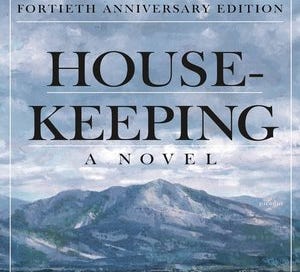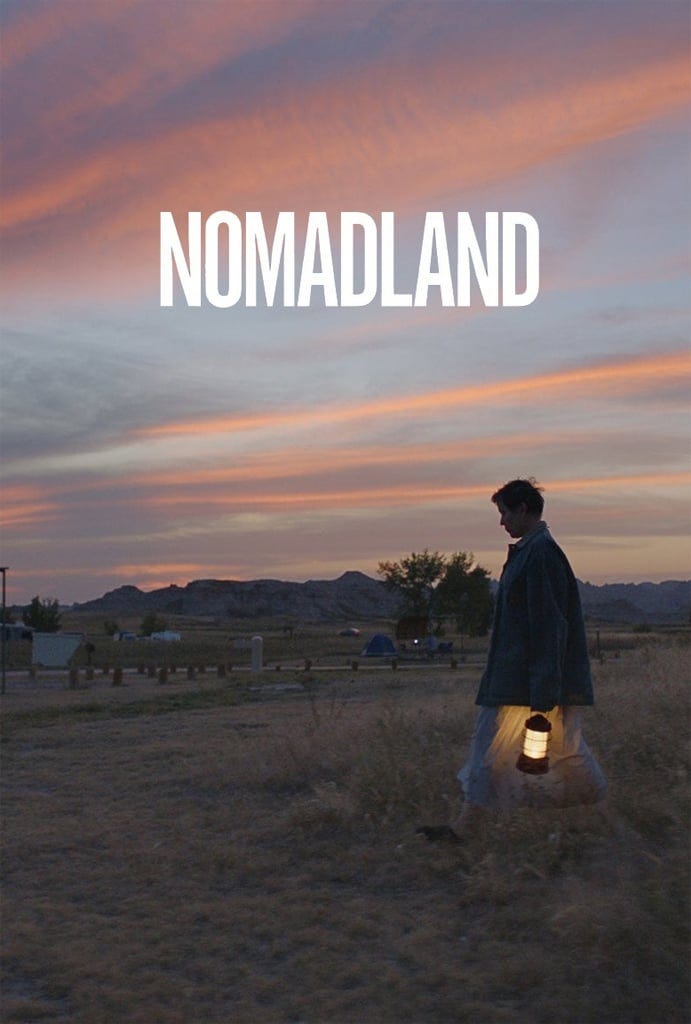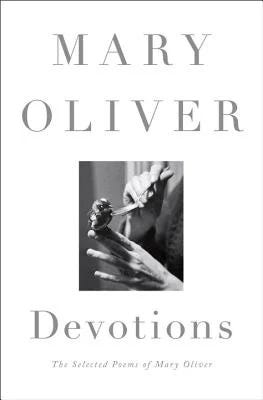Quotes & Things
“The clearest way into the Universe is through a forest wilderness.”
― John Muir
As I write this, it is such a beautiful day outside. And I desperately want to be alone in it. But I have been home with my kids this week because one or the other has been sick, but at least not with COVID. (We have the negative tests to prove it.) I’ve also been watching this TV show that mostly takes place in a lovely, dark German forest, and all I can think is, “I want to go to there!” Last week, I got a taste of being out in nature, and even though I was surrounded by other RVs and tents and people, it was life-giving to breathe the country air and see the brightness of the stars in the sky.
I hope one day soon I can go find my universe in the forest, but for now this is what I do: I walk out to our front porch where we have an actual living room couch and not “outdoor furniture.” (Yes, we are those people). And I sit there. Sometimes I read the paper. Sometimes I just listen to the birds and watch our neighborhood. Sometimes I just sit. And right now, it is enough.
Book Review
Housekeeping by Marylinne Robinson
I’m not really sure how to describe this book. In style, the closest comparison I can think of is William Faulkner with long, descriptive sentences and the tendency to talk about emotions in Biblical terms. Robinson is like the Faulkner of the mountain west because her writing is intimately connected to the landscape and the people from that region. It was never easy reading, and I had to keep my dictionary open too, but sometimes I don’t mind a challenging text. And this one was weird: even though we have a first person narrator, I have never felt more outside a character’s head. We learn intimate details, not necessarily about the narrator, but about what it is to be human. The tiny observations Robinson makes become huge and epic. So rather than being a story about these particular people, it becomes something much bigger.
The basic plot is about two sisters, Ruth and Lucille, who befall the death of a parent, then a grandparent, and then the odd, near-silent care of their aunt Sylvie. But this is not a novel about grief or even sadness. At times it seems like the characters, particularly Sylvie are even beyond emotions, content to just be. There is quite a lot the mystery to these characters. We don’t know why Ruthie and Lucille’s mom committed suicide, although we can guess at the sadness and loneliness she must have felt as a single mother. We don’t know why Silvie is so still and quiet and transient, even when living in a house. We don’t really ever get to the “why” of these characters.
There is no real plot and there were many passages I had to reread to fully understand, but this novel and its language are strangely compelling. The quiet of the family was somehow transferred through Robinson’s almost excessive description, making me feel the quiet down in my bones. I could feel aloneness and quiet and being at peace with one’s difference. The descriptions of nature and Ruthie’s being in it show us how to feel alone and be content with that loneliness.
This is definitely considered Literacy Fiction with the capital “L” and “F.” It’s high-brow, but it’s also just about how we live with loneliness. If you are up for a strange, challenging, but oddly satisfying read, then I recommend it.
Movie Recommendation
Nomadland
Nomadland is a quietly moving film. We follow Fern, an older woman whose entire community quickly faded away when the granite mine in her Nevada town closed. We see her drive the van where she lives to different work opportunities like Amazon fulfillment centers, camping grounds where she cleans the bathrooms, beet farms where she hauls heavy loads. We also see the beautiful landscape of the West that she drives through and connects with.
Fern has found a new community of fellow nomads, mostly men and women of retirement age who can’t afford a traditional retirement. Instead, they become nomads, moving from place to place, job to job, to see the country on their own terms. Even though she has these new friendships, she also seems wary of getting too close, to rely on any one person too much. Fern is resilient, finding joy where she can but is still haunted with the grief of losing her home.
This movie won’t be everyone’s cup of tea. It is slow. There’s no real plot, no real moral that we are meant to walk away with. Instead we are given moments of enormous natural beauty contrasted with the harshly-lit corporate world. The movie hints that capitalism has become cold and impersonal, a way of moving through the world that does not end up rewarding people for their hard work. Except for the two main stars, nearly everyone else is not an actor, but a real person telling a version of their real stories. We see how hard life has been for them, how the safety nets of government and family have gaping holes.
But the film does not leave us in despair. Even though these nomads have hard lives, they choose to see this life as an adventure. The ending hints towards growth for Fern, but that is really left up to the audience to decide. To me, a good movie is one where I think about it several days after, gleaning from it what I can, adding it to the tapestry of my life. And this film uses the subtle, dark colors of dusk to remind us of how lovely life can be, even amid all the hardships and grief.
Poetry
“Whistling Swans” by Mary Oliver
Mary Oliver is probably my favorite poet. She writes mostly about nature and God and the nature of God. This one I had to copy out of her book Devotions because I couldn’t find it online. I have been slowly reading through this collection of poems, so don’t be surprised if she gets featured here again. Let this thoughtful and tender poem flutter over you like the wings of a swan.







